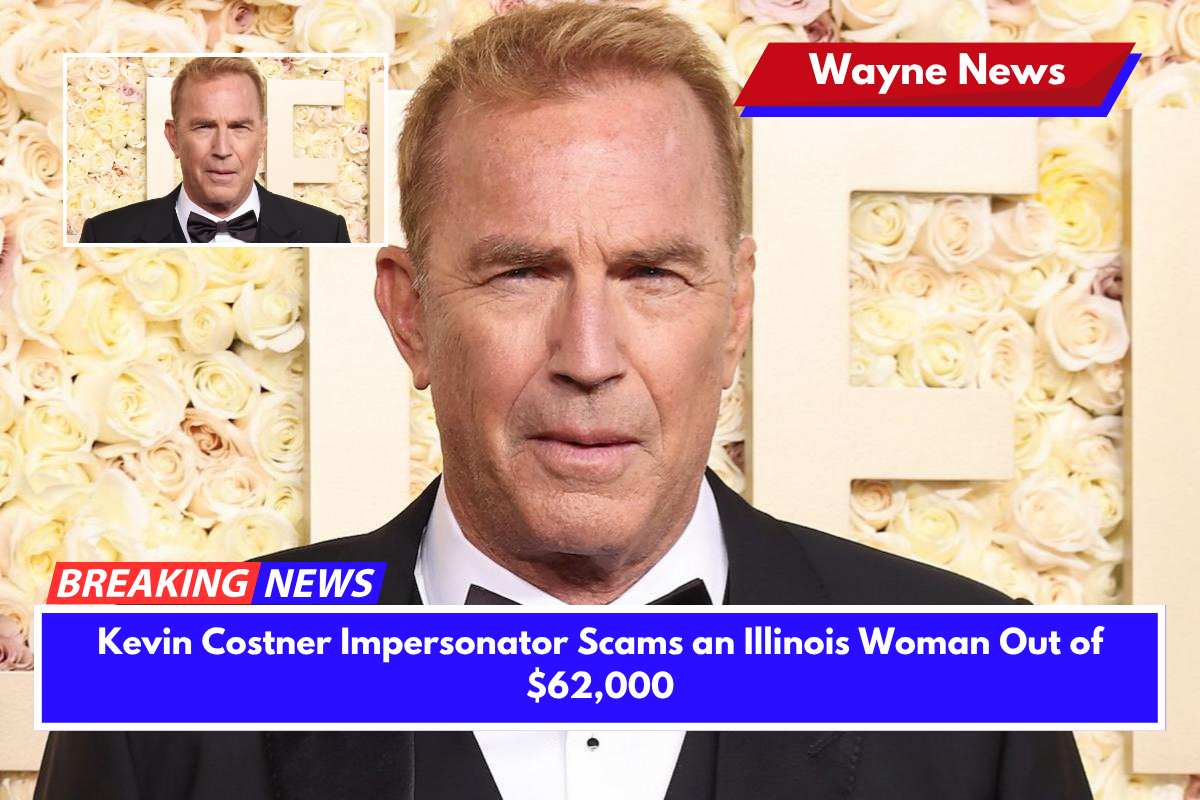A woman in Evanston, Ill.—a suburb of Chicago—is out about $62,000 after falling prey to an online impersonator scam centered on Yellowstone actor Kevin Costner.
WGN 9 reported that a woman spent six months sending gift cards to someone she thought was Costner via Telegram. She believed she was making an investment, with Costner converting the payments into cryptocurrency and returning them to her at a profit.
However, she never received any cryptocurrency in return for her investment.
The Evanston Police Department confirmed that she was speaking with an impersonator who is involved in a cryptocurrency scam that has been targeting victims since at least 2018.
According to NBC 5, the woman has yet to receive any money back and has been advised to contact her credit card companies. Furthermore, it appears unlikely that this scammer will face any consequences for his crime.
“Due to the nature of the crime, an arrest is highly unlikely,” the cops said.
Online scammers frequently impersonate celebrities in order to deceive their victims, and the names of country stars have been used in numerous similar crimes.
Earlier this year, a woman in Texas was catfished by a Morgan Wallen impersonator, resulting in over $18,000 of debt.
In 2024, a Vince Gill fan succumbed to a devastating online scam that drained her retirement and savings accounts and strained her relationships with friends and family.
How Can You Protect Yourself From an Online Impersonator Scam?
The Federal Trade Commission (FTC) has issued a warning against sending money to anyone claiming to be a celebrity online. They recommend speaking with someone you trust before sending any money, as well as conducting a Google search using the celebrity’s name and the word “scam.”
If you send money to someone you suspect is a scammer, the FTC recommends contacting the bank, gift card company, wire transfer service, or other platform you used to send the money as soon as possible.
- The FTC specifically warns against sending gift cards.
- According to the FTC’s website, approximately one in every four people who report being victims of fraud say the exchange occurred when a scammer asked them for the numbers on the back of a gift card.
- Many scammers prefer gift cards because “they have fewer protections for buyers compared to other payment options,” and “the transaction is largely irreversible, and they can stay anonymous.”








